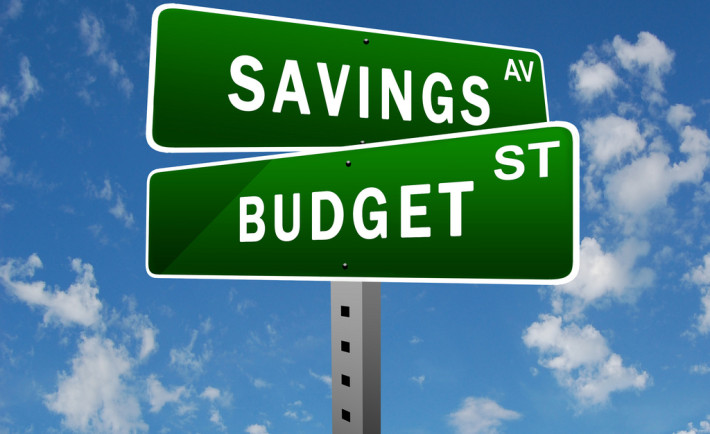
Are you having a difficulty to stay on budget every month? Perhaps it is about time to try a new approach. Here are just some ways to improve your financial situation…
1. MAKE SAVINGS THE FOCAL POINT
I am assuming that you are already set with your budget. You know how much money is coming in and how much money you have now. To grow that money and to prepare for major spending (e.g., buying a property or a car), you must focus on saving. Set up a savings account to make things easier for you. Then, allot an amount to save each month. Seeing your savings balance increase will be a treat to your eyes.
2. SPEND THE CASH YOU HAVE
Whenever I am going out, I leave my credit/debit cards behind and put a relatively small amount of cash in my wallet. This amount is enough for me to survive the day. Furthermore, I am not tempted to buy unnecessary things even if there are several shopping malls along the way.
You can also apply this trick to stay on your budget and be mindful about how much you spend. Try it for a few weeks first to get used to it.
3. REVAMP AND RECYCLE YOUR STUFF
Fix, refurbish, or recycle your furniture, decor, or appliance that are still in good condition instead of saving up money to replace these. As you revamp your stuff, use warm colored paints to brighten up the mood! Or, recycle your old drawer and turn it into a shelf. There are many ways you can think of to upgrade the look of your home without having to spend so, get your creative juices going!
4. CUT DOWN ON UNHEALTHY HABITS
Unhealthy habits, such as drinking alcohol or smoking tobacco, that you enjoy on a regular basis can not only increase your insurance premiums but also your daily expenses. When you decide to stop drinking and smoking entirely, you will see your bills going down and you will feel improvements in your health – in no time.
5. PRESERVE THE RECEIPTS
To make a budget, you probably stored a bunch of receipts and monitored your expenses for a month. But, you still need to keep an eye on it in order to stick on your budget. Save up all your receipts and categorize them. If you find something that you spend too much on, analyze if you lower your spending on it. For instance, frequent restaurant take-outs can put a toll on your budget.
6. REWARD YOURSELF
One of the quickest ways to adapt a new approach is to have a reward system. Reward yourself each time you reach your financial goal. You do not have to spend a hefty amount to indulge. Have a sleepover with your friends or read a delightful book. Finding ways to associate the budgeting process to a positive feeling will help you reinforce more good habits and get rid of the unhealthy ones.






